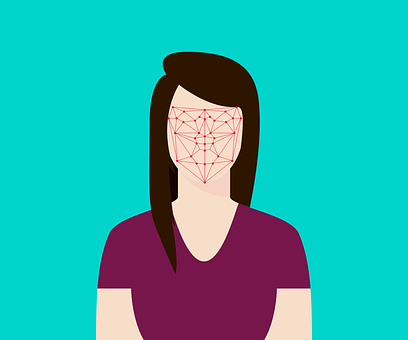Did you hear the one about the Shoplifter that wasn’t? Earlier this year a Dunedin man was mistakenly identified as a shoplifter – evidence that facial recognition CCTV technology is alive and kicking in New Zealand. While the supermarket chain involved claimed that the mistake was due to human error, the Otago Daily Times identified that a version of facial recognition was being used in supermarkets in Dunedin and other South Island stores. Even when used by law enforcement agencies, the technology is considered seriously flawed. The London Metropolitan Police have found as high as 98% false positives (as reported in The Independent, 13 May 2018).
The New Zealand Privacy Commissioner John Edwards told Morning Report “If a major law enforcement organisations in one of the biggest cities in the world can’t get it right then you’d have to query the diligence that a domestic commercial user in New Zealand has applied to the equipment” (15 May 2018).
Personally, I don’t mind if they record me buying tomato’s in the fruit and veggie isle, but this technology is so unreliable, it may not be me buying those tomatoes at all. I could be off robbing a bank wearing a Hillary Clinton mask!
The New York Times reported on 9 July 201 that Facebook’s push for facial recognition in the European Union earlier this year was claimed by Facebook to protect users from fraudulent use of their profiles. The paper reported that Facebook was scanning every photo uploaded to the popular website and matching them with registered users of Facebook. And it was alleged to be occuring without permission of the user, including when their facial technology privacy settings were switched off. I didn’t even know they had a facial technology privacy setting. I’ll go and look for it shortly and turn it off (whether that works or not).
The Guardian raised their own concerns: “Thanks to Amazon, the government will soon be able to track your face. Putting the business needs of technology giants over our own privacy creates a grave risk to our democracy.” (6 July 2018)
Further, it appears that the technology is failing because it cannot distinguish faces of people of colour. Apparently, the fix is easy. Just scan more coloured faces and eventually the technology will catch up with the population diversity. New Zealand has one of the most culturally and racially diverse nations in the world, so arguably the technology may not work here for many years (and only if we allow it to be used to improve its own performance). Do we really believe that facial technology will keep us safe in our beds, reduce shoplifting, vandalism and anti-social behaviour to the extent that we are prepared to give up our right to privacy and those of our neighbours? Green MP Marama Davidson claims racial profiling remains so common in New Zealand within our Maori and Pacifica peoples, that our privacy and rights are already being breached, 8 June 2018. How much more so if facial recognition is given free reign?
Many banks and government agencies, such as the Inland Revenue, already hold hundreds of thousands of people’s voices in their system in the form of “voice recognition” to keep us safe and our privacy secured. Many retailers hold quite complex and detailed information about us. It doesn’t matter that we may have signed up for their reward systems: we didn’t sign up for that information to be used in a disingenuous manner, to be sold to third parties or to breach our rights to privacy. History shows that our information cannot be keep private, whether it is by human error or technology that is moving faster than we can control it. Finally, perhaps at its worst, we are at risk of someone or something, somewhere at some time selling our information, our “likes”, our shopping habits, our faces and our private lives to third parties to use for their own ends (whether for the public or private good, or evil).
Overseas police agencies are now entering DNA (apparently quite legally) to privately owned DNA databases to find “matches” for unsolved crimes. If you or someone in your family has paid for the privilege of being DNA tested, did you read the fine print on privacy settings, and are you prepared to find long lost (or undisclosed) relatives? Some testing include health tests. Ask yourself this: do I want to find out I have X, Y or Z wrong with me by email from a DNA testing company? How would I deal with that knowledge, and what are the chances of it delivering a false positive or negative!
Many may argue that the privacy barn door is well and truly open. But it can be closed again, our privacy laws strengthened and continually developed along with advances in technology, with abusers of our privacy named, shamed and given deterrent penalties. Better still, we the public should demand strong systems and protections before a breach occurs. Good fences make good neighbours, so they say. Good laws also make good citizens of us all.








